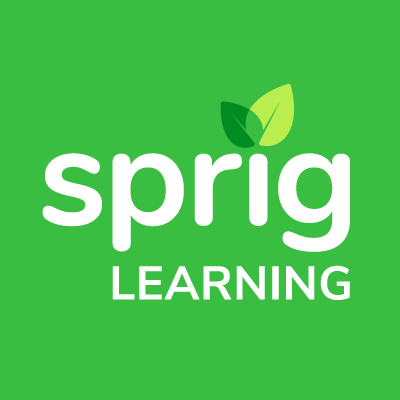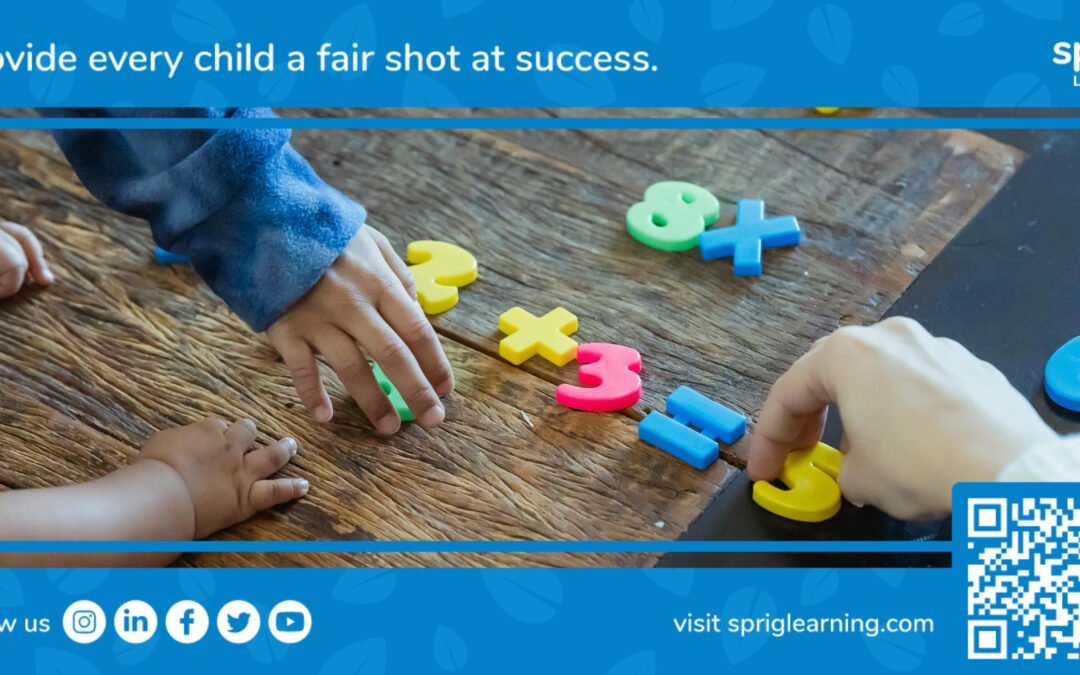To design holistic assessment for early math, it’s crucial to grasp its essence and application in educational contexts. This article explores the concept of holistic assessment, its alignment with early math education, and the types of knowledge it evaluates.
Let’s start with an understanding about how holistic assessment works in early math.
Holistic Assessment in Early Math. What Is it?
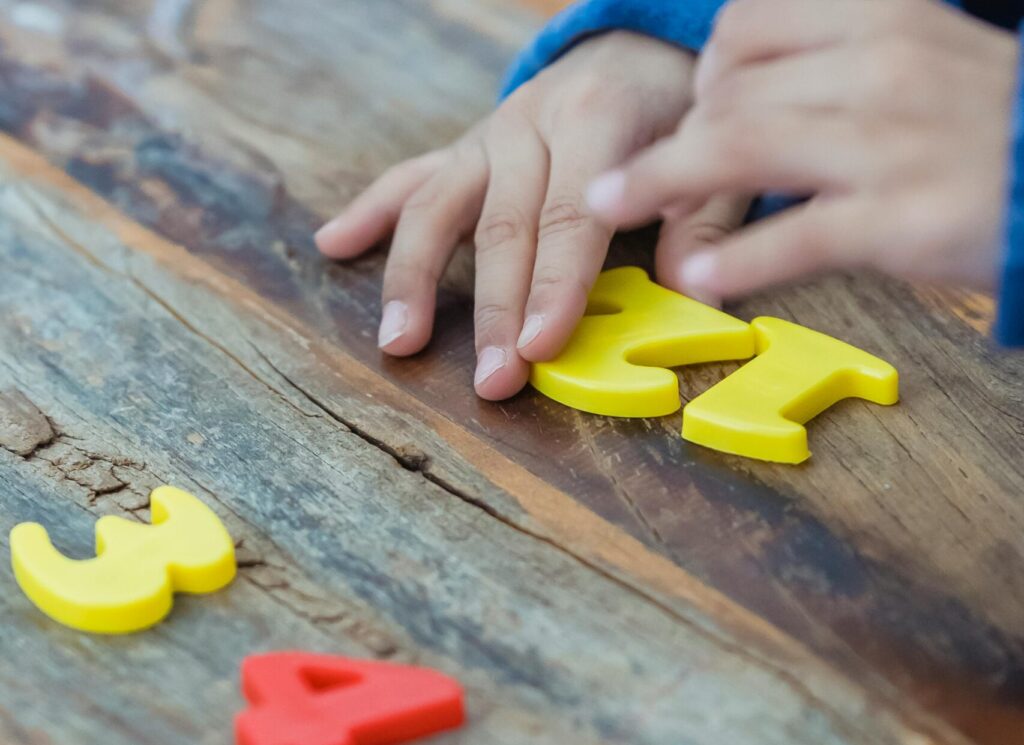
The concept of holistic assessment in early numeracy involves evaluating a child’s mathematical understanding in a comprehensive manner that goes beyond traditional assessments.
This approach recognizes that numeracy encompasses a wide range of skills and concepts, including number sense, counting, measurement, spatial awareness, and problem-solving abilities.
Holistic assessment aims to capture the full breadth of a child’s numeracy development by considering multiple sources of evidence and a variety of assessment methods.
Holistic Assessment in early math will consider all of the following:
Observation: Teachers observe children during play, structured activities, and daily routines to gather insights into their mathematical thinking and understanding.
Child-Centered Assessments: Children are asked to complete specific tasks or engage in activities that demonstrate their numeracy skills in a practical context. These assessments are often game-based and interactive but can also involve the use of manipulatives.
Portfolios: A collection of work that provides a comprehensive view of a child’s progress over time. Portfolios can include samples of children’s work, photographs of activities, and teacher notes, offering a detailed picture of their numeracy development.
Conversations and Interviews: Engaging children in discussions about numbers, patterns, and problem-solving can provide valuable insights into their thinking processes and understanding.
Self-assessment and Reflection: Encouraging children to reflect on their own learning and to assess their work can support their metacognitive skills and numeracy development.
Drawing Insights from Multiple Sources: Surveying parents, teachers and the community as well to gain a proper understanding of the child’s learning environment and circumstances.
The holistic approach values the process of learning as much as the outcomes, emphasizing growth and understanding over rote memorization or the ability to perform well on a standardized test or diagnostic.
It considers the child’s learning environment, interactions, emotional well-being, and cultural background, recognizing these elements as integral to their numeracy development.
Holistic assessment aims to provide a well-rounded, accurate picture of a child’s abilities and potential areas for growth, informing teaching strategies and supporting individualized learning.
How are Math Processes Different From Math Skills in The Early Years?
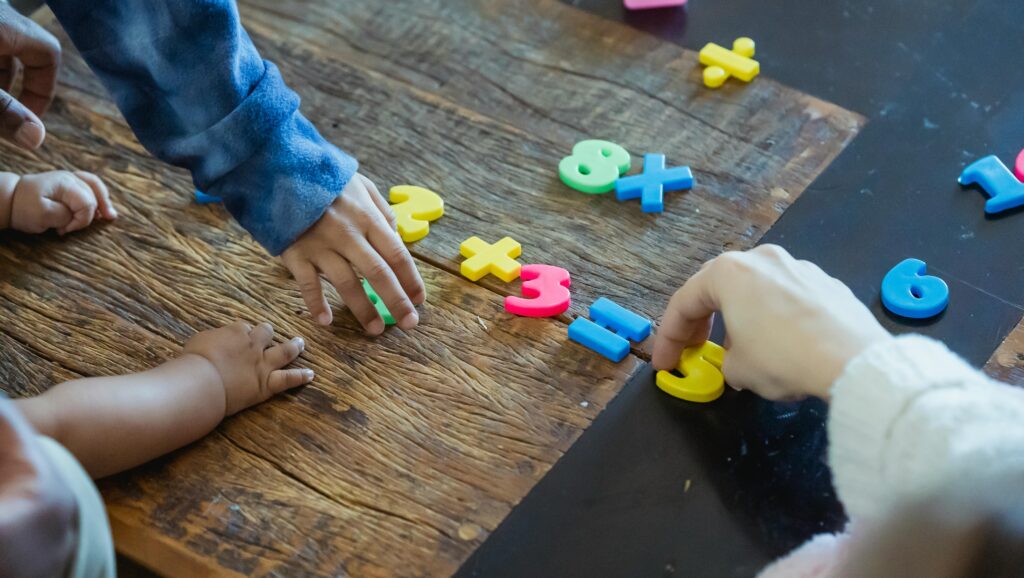
In the early years of education, distinguishing between math processes and math skills is crucial for developing a comprehensive mathematics curriculum that addresses all facets of a child’s learning and development.
Both elements play a significant role in the foundational understanding of mathematics, but they cater to different aspects of learning.
Math Skills
Math skills refer to the understanding of mathematical principles and ideas. These are the “what” of mathematics—the knowledge pieces that students need to grasp. Examples of math concepts in the early years include:
Number Sense: Understanding numbers, their values, and how they relate to one another.
Shape Recognition: Knowing different shapes and their properties.
Measurement: Understanding concepts of length, weight, volume, and time.
Patterns and Sequencing: Identifying and creating patterns; understanding order and sequences.
Math concepts provide the foundational knowledge that students build upon as they progress in their mathematical learning.
They are the building blocks for more complex mathematical reasoning and problem-solving in later years.
Math Processes
Math processes, on the other hand, refer to the methods and approaches used to solve mathematical problems. These are the “how” of mathematics—the skills and strategies that students employ to work with mathematical concepts. Examples of math processes in the early years include:
Problem Solving: The ability to think through a problem, understand it, and find a solution.
Reasoning: The process of making logical connections between ideas, developing arguments, and making predictions.
Communication: Using language, symbols, and diagrams to express mathematical ideas clearly and to understand others’ mathematical thinking.
Connecting: Relating mathematical ideas to one another and to real-life situations.
Math processes are critical for applying math concepts in various contexts.
They involve higher-order thinking skills that enable students to use their mathematical knowledge effectively and flexibly.
Why Do Both Need to Be Measured?
Measuring both math skills and math processes is essential for a holistic approach to assessing math in the early years. Here’s why:
Complementary Development: Ensuring that students are developing both their conceptual understanding and their process skills is crucial. A focus on one to the exclusion of the other can lead to gaps in knowledge or ability. Process skills and conceptual understanding complement each other. Strengthening process skills supports skill development, fostering comprehensive mathematical growth.
Informing Instruction: Assessment of both skills and processes provide teachers with valuable information on how best to support each student’s learning, tailoring instruction to address learning challenges and build on learning strengths.
Building Foundations: Early math learning sets the foundation for future mathematical understanding. A strong grasp of both skills and processes are necessary for students to succeed in more advanced mathematics.
In summary, math skills and processes cater to different yet complementary aspects of mathematical understanding.
Both are vital for a well-rounded math education that not only builds knowledge but also equips students with the skills to apply this knowledge effectively.
Measuring both skills and processes allows educators to provide targeted instruction that supports comprehensive math development.
What Is It About Holistic Assessment That Allows It to Assess Math Processes So Well?
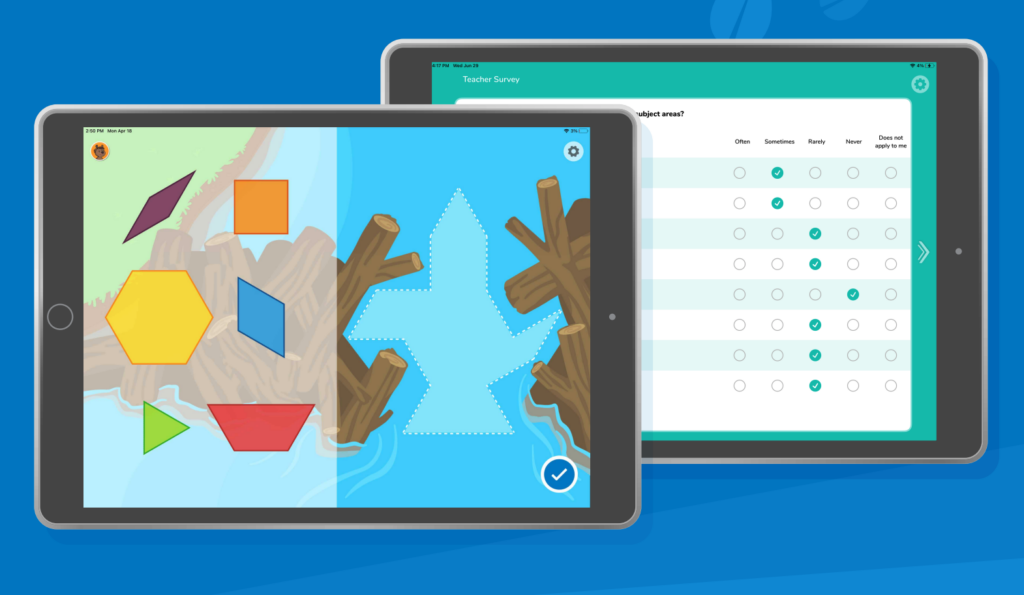
Holistic assessment measures math processes effectively because it considers various aspects of students’ mathematical thinking, problem-solving abilities, communication skills, and connections between mathematical concepts.
By combining student-driven, game-based assessments with observational assessments by educators and input from caregivers, a holistic and comprehensive picture of students’ experiences and knowledge of early mathematics is created.
This multifaceted approach allows for a deeper understanding of students’ mathematical abilities, preferences, and learning needs, empowering educators to provide targeted instruction and support that nurtures mathematical proficiency and confidence in students.
Student-Driven, Game-Based Assessments:
Game-based assessments captivate students’ interest and motivation, encouraging active participation and enthusiasm for mathematical learning.
Immediate feedback provided in game-based assessments allows students to monitor their progress, identify areas for improvement, and adjust their strategies accordingly.
These game-based assessments can be tailored to students’ individual needs and learning styles, providing personalized learning experiences that cater to diverse learners.
Observational Assessments by Educators:
Insight into Student Thinking: Educators can gain valuable insights into students’ mathematical thinking and problem-solving approaches through observational assessments, allowing them to identify misconceptions and provide targeted support.
Formative assessments provide ongoing opportunities for educators to monitor student progress, make instructional adjustments in real-time, and scaffold learning experiences as needed.
Input by Caregivers:
Caregivers provide valuable contextual understanding on students’ experiences, opportunities and knowledge of early mathematics outside the classroom, enriching educators’ understanding of students’ backgrounds and learning contexts.
Collaboration between caregivers and educators promotes a shared understanding of students’ strengths, challenges, and learning goals, fostering a supportive learning environment both at home and in school.
Applying Holistic Assessments in Early Math
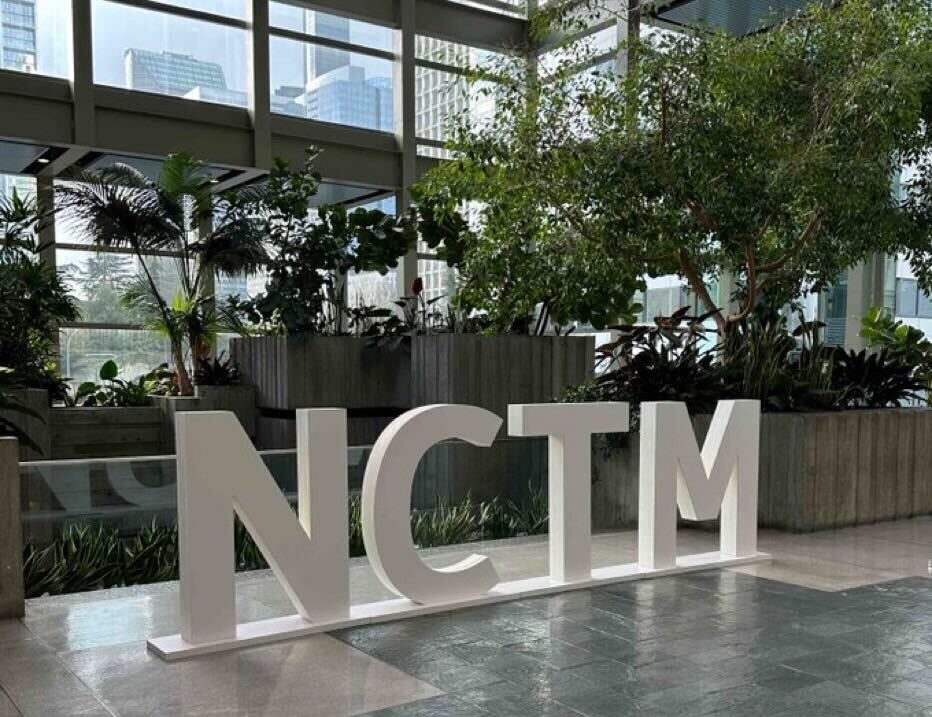
Holistic assessments are an integral part of modern early learning, especially so in math, as demonstrated in this article. Math processes especially, lend themselves very well to be assessed holistically, which is also shown in this article.
Effective tools with student-driven game-based assessments, teacher-driven observational assessments, and input from various stakeholders integrated into a single platform can significantly enhance the assessment process in early math.
Sprig Learning attended the esteemed National Council of Teachers of Mathematics Conference earlier this year, known as the premier math education event, to present on the topic “A Holistic Approach to Assessing Mathematical Processes in the Early Years”
“Sharing the importance of a holistic approach to assessment and learning in early math and its practical application for classrooms is important to us,” says Jarrett Laughlin, CEO of Sprig Learning. He further adds, “ It’s about creating a comprehensive understanding of students’ mathematical abilities, which guides their growth and development”.
With expertise in holistic assessments and a deep understanding of their application in early math education, consider reaching out to the Sprig Math team for invaluable guidance on implementing holistic assessment practices in early math settings.
